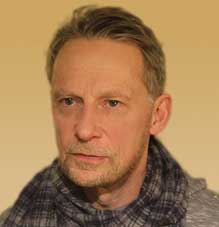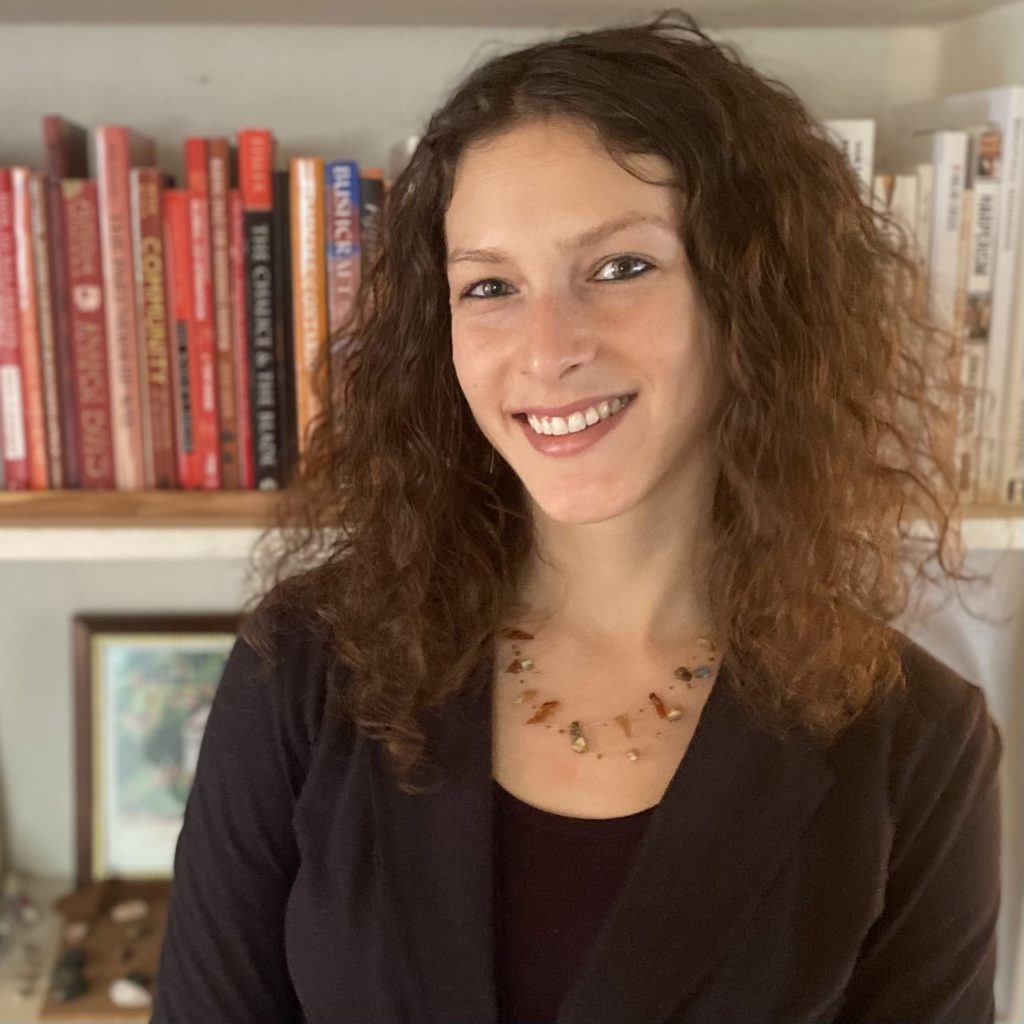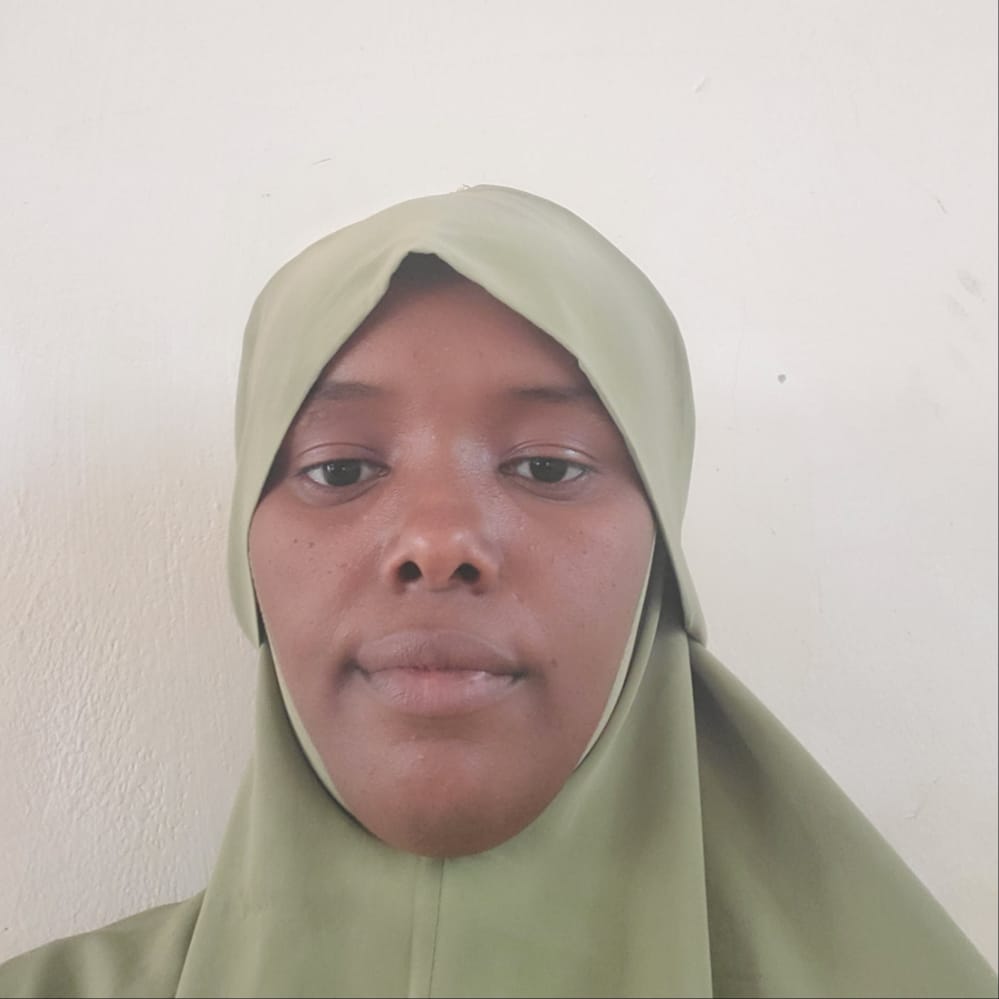
The third event of the Borderless Higher Education for Refugees (BHER) Speaker Series, titled “Science Education in Climate Crisis,” takes place Dec. 1 at 9 a.m. (EST) on Zoom.
Climate change poses observable and accelerating threats to the environment, human peace and security across the world. Yet its consequences are unevenly dispersed, with those facing its most acute threats often the least responsible for the kinds of consumption practices that have led to warming. Amidst wildfires, droughts and floods, advocates across the world call to centre climate change in science education more than ever.
In this BHER Speaker Series event, Steve Alsop (professor, York University), Sila Otieno Asaka (natural resource and environment officer, Fafi Integrated Development Organization), Roxanne Cohen (York University PhD candidate and sustainability educator) and Deka Gaiye (York University MEd student and eco-feminist advocate) will talk about how they have reimagined science education in an era of climate crisis. They will do so from a transnational perspective, paying particular attention to how to think in new ways about the intersections of climate crisis, global migration and transformative possibilities for education. Everyone is welcome to attend.
Steve Alsop

Alsop is a faculty member in York's Faculty of Education and has been teaching in the BHER Project for the past four years. He teaches courses and supervises students in the fields of education, science technology studies and environmental sustainability studies. His research interests include climate change education.
Silas Otieno Asaka

Otieno Asaka is currently pursuing a master of science degree in land and water management at Kenyatta University in Nairobi County, Kenya. He is a National Environment Management Authority-registered lead expert in Kenya and a member of the Environment Institute of Kenya. He has over 10 years of experience in the planning and implementation of environment and natural conservation projects in Kenya, has implemented environmental mitigation activities for the Dadaab refugee camp and participated in the development of United Nations High Commissioner for Refugees Global Strategy for Safe Access to Fuel and Energy 2014-18. He is currently the natural resources management and environment key expert for Kenya Development Response to Displacement Impacts Project.
Roxanne Cohen

Cohen is a PhD candidate in the Faculty of Education at York University and has been teaching with the BHER program for three years. She recently co-created a University-community partnered certificate program in the Faculty of Education called Rooted and Rising for young leaders passionate about climate change. She also supports a local food co-op in a newcomer community focused on food sovereignty in the climate crisis. Cohen is an educator in university, non-profit, co-op, and corporate settings in climate change and mental health.
Deka Gaiye

Gaiye is a graduate student in the Faculty of Education at York University. She has worked as an educator in the Dadaab refugee camps and has been largely involved in a project titled “Women Refugees for Environmental and Social Change.” The project is school-based, gender- and community-responsive. Its mission is to establish women and children’s rights and environmental justice at the heart of refugee schools and community environmental programming and policies. Her research is rooted in women’s right and schooling, studying the impact of poverty on single mothers and schooling).
To attend the virtual event, visit bit.ly/3wqwB6N.
This event is a part of the BHER Speaker Series 2021-22: Reciprocal Learning Beyond Crisis, which is co-sponsored by Windle International Kenya and York University’s Faculty of Education, Centre for Refugee Studies and Borderless Higher Education for Refugees Project. For more information about the the speaker series, visit yorku.ca/edu/reciprocal-learning-beyond-crisis.
